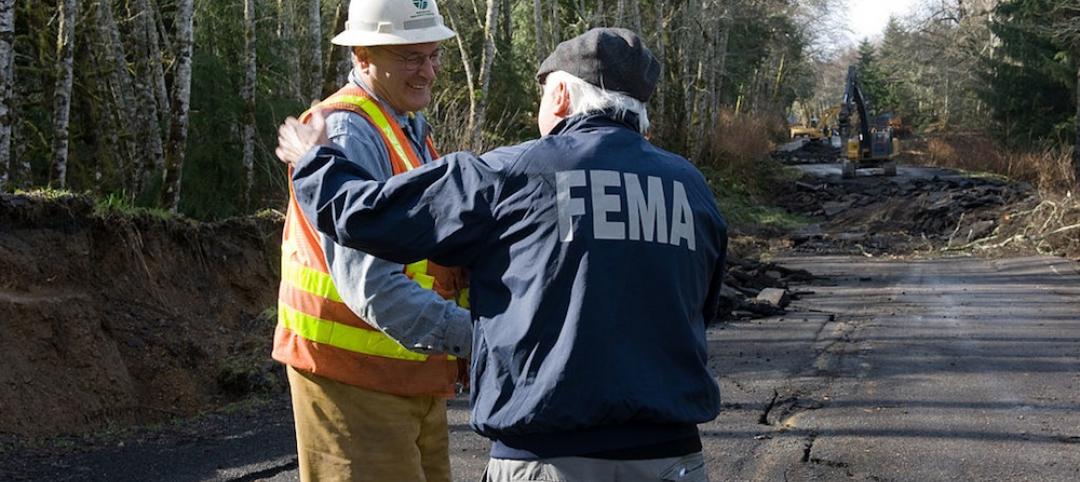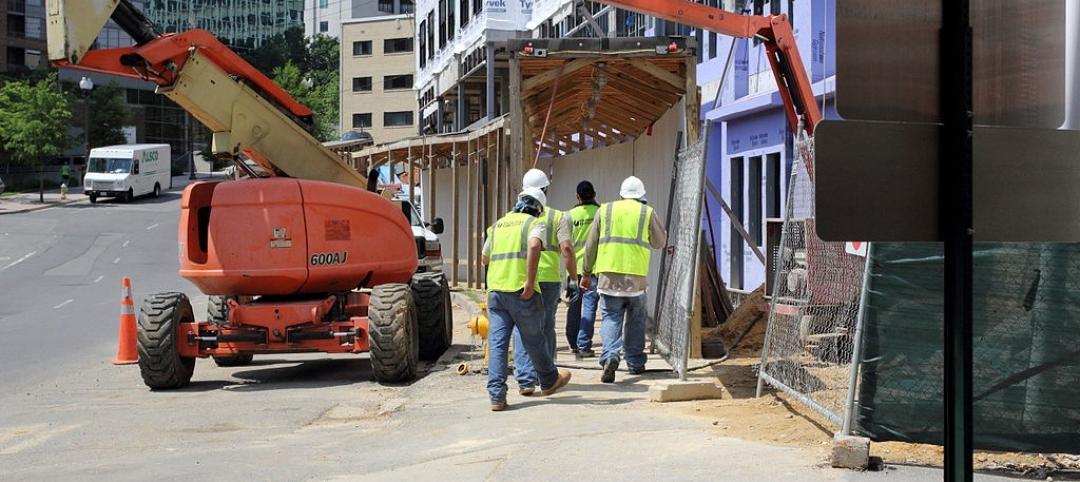Constructing and justifying the cost of physical assets such as a manufacturing plant is much more difficult than it was decades ago, according to a report by Steffen Fuchs, senior partner with McKinsey & Company.
Inflation, rigorous sustainability requirements, and rapid changes in technology and regulations all complicate investment in new construction projects, the report says. “Adding to the complexity, the next generation of assets needs to be “set and forget”: the high cost of building them must be offset by lower operating costs,” Fuchs writes.
Improvements in construction processes and project delivery are especially necessary given that a new wave of “once-in-a-lifetime” capital spending on physical assets will take place between now and 2027. Roughly $130 trillion will pour into projects to decarbonize and renew critical infrastructure, Fuchs writes.
Project leaders typically rely on practices that aim to optimize individual investments, such as a nuclear power plant, an oil refinery, or a pipeline. Cost overruns are typical and costly using this approach. New decarbonization and sustainability investments where groups of similar projects (such as wind farms and solar parks) are delivered repeatedly over a long period of time require much better performance, Fuchs says.
Related Stories
| Jul 31, 2014
Gypsum Association releases updates to wallboard repair standards
The Gypsum Association released updates to both GA-221 Repair of Joint Ridging and GA-222 Repairing Screw or Nail Pops standards publications.
| Jul 31, 2014
Cambridge, Mass., is latest locale to require energy usage disclosure
The City Council of Cambridge, Mass., approved the Building Energy Usage and Disclosure Ordinance (BEUDO) that requires benchmarking and disclosure of building energy performance for large commercial, institutional, and multifamily buildings.
| Jul 31, 2014
Stalled $1.5 billion Miami mixed-use redevelopment project advances
A long-delayed $1.5 billion mixed-use development in Miami moved ahead after city planners approved the project’s first phase.
| Jul 30, 2014
USGS updates National Seismic Hazard Maps
The U.S. Geological Service recently released an update of U.S. National Seismic Hazard Maps that reflect the latest analysis of where future earthquakes will occur, how frequently they may occur, and their strength.
| Jul 23, 2014
Fairfax County, Virginia toughens green standards
The Fairfax County Board of Supervisors recently strengthened its green building policy, requiring higher standards for residential, retail, office and other construction projects seeking approval for rezoning.
| Jul 23, 2014
Berkeley National Lab’s FLEXLAB is a test bed for energy efficient office design
FLEXLAB, short for the Facility for Low Energy Experiments, opened this summer at the Lawrence Berkeley National Laboratory.
| Jul 23, 2014
House passes 2015 GSA budget with 17% cut for new construction projects
The General Services Administration’s construction budget for fiscal year 2015 passed by the House this month includes cuts in both new construction and renovation/repairs compared to 2014.
| Jul 16, 2014
Coastal flooding increasing along East Coast, says report
An analysis of tidal levels and flood data by the news organization Reuters concludes that flooding has increased along the Eastern Seaboard over the past four decades.
| Jul 16, 2014
Local hiring requirement a tough challenge for new Detroit arena project
An agreement for a land transfer from the City of Detroit to Ilitch Holdings Inc., that enabled construction of a new arena for the Detroit Red Wings requires that 51% of the project’s construction workers must come from the city.
| Jul 16, 2014
Local hiring requirement a tough challenge for new Detroit arena project
An agreement for a land transfer from the City of Detroit to Ilitch Holdings Inc., that enabled construction of a new arena for the Detroit Red Wings requires that 51% of the project’s construction workers must come from the city.













